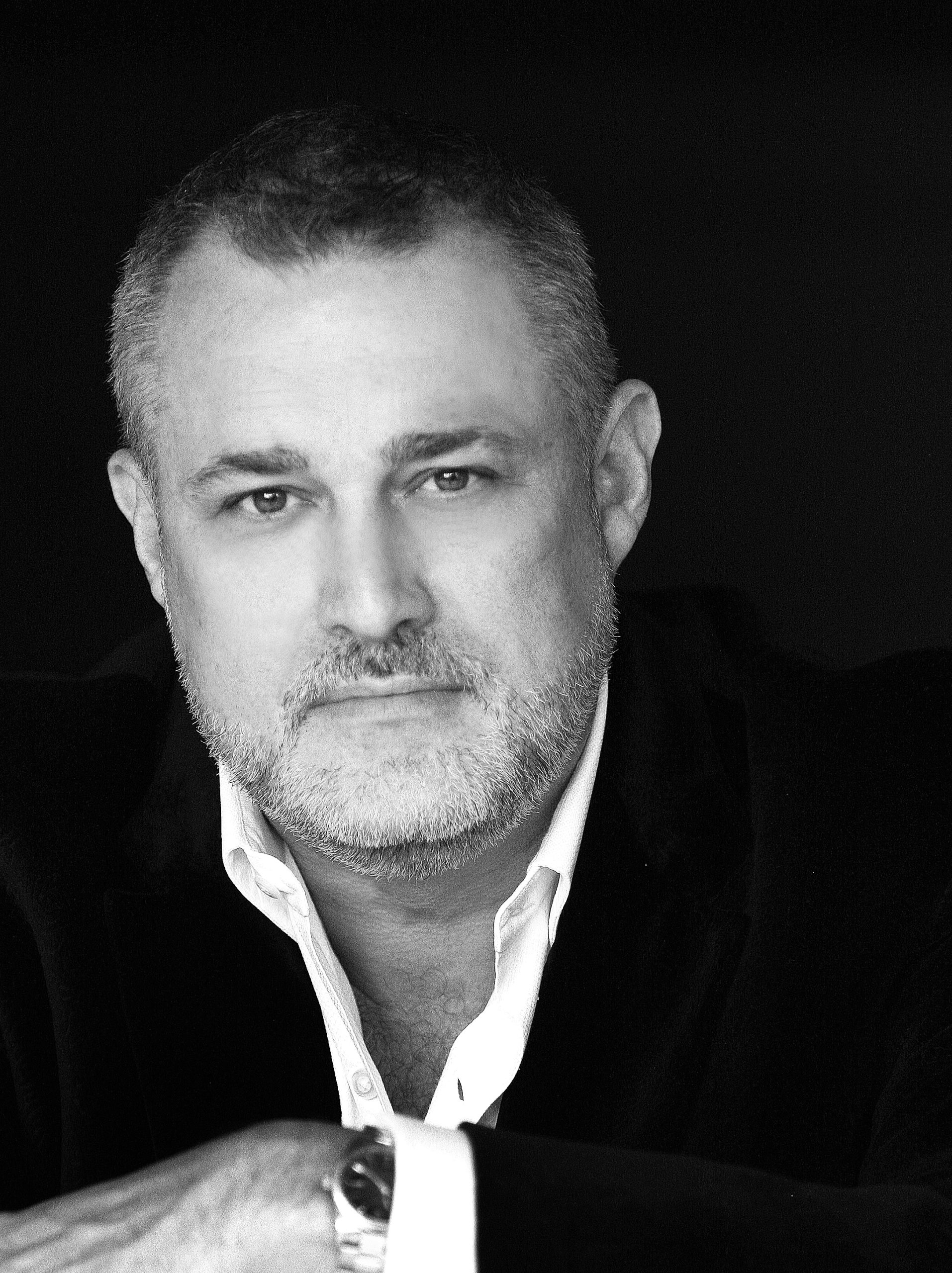
Making Strides to Achieve Equality & Parity in the C-Suite

Women and men are equal, but the real world doesn’t always see it that way. Whether it’s in business or life.
According to U.S. Census Bureau statistics, women make 82 cents for every dollar a man makes. That’s the average; if you break it down by ethnicity, the numbers are much more disparate.
While we talk a lot about equality, only six countries give women equal legal work rights as men. At our current pace, it will take more than a century to reach gender parity, according to the World Economic Forum.
Since 2020 marked the 100th anniversary of the 19th amendment giving most women the constitutional right to vote, the C-Suite Network hosted a remarkable Digital Discussion, titled Gender Parity Gap: Why Do We Still Have a Gap in Boardrooms, Halls of Congress, and the C-Suite. We had a greatly informative panel discussion of accomplished leaders, such as:
- Barbara Franklin – President, Barbara Franklin Enterprises & Former U.S. Secretary of Commerce
- Melyssa Barrett – Vice President Identity & Authentication Products, Visa
- Evelyn Sanguinetti – Former, Illinois Lieutenant Governor & Executive Director, HOPE Fair Housing Center
I kicked things off with Barbara Franklin who, besides serving as Secretary of Commerce under President George H.W. Bush, also served in the Nixon, Ford, Carter, and Reagan administrations. Before that, she was one of the first women to graduate from Harvard Business School and served as a Vice President at Citibank. I asked Barbara simply what the world was like for women when she began climbing the proverbial ladder in the mid-1960s.
“There was not consensus in our society back then, when I got out of Harvard Business School, or even into the 70s about what the role of women should be,” Barbara said. “And there were not a lot of professional roles for women that were very acceptable (besides) teachers, nurses, and secretaries. You didn’t see very many lawyers, executives, or doctors.”
President Nixon tasked Barbara with overseeing his mandate to bring more women into all levels of the federal government, especially at the senior level. Since the president required his cabinet to add more women to the rosters and come up with an action plan, the number of women in top positions doubled within six months. Barbara believes that change wouldn’t have happened if President Nixon didn’t require the change.
“It was a lot of stereotypes about women. They’re not tough enough for the job. Women are emotional. You’ve heard it all,” Barbara said. “People didn’t want to risk putting women in a job they might not be able to do. Happily, all the women appointed performed beautifully.”
To some people, it might be surprising that Nixon was a champion of women, but Barbara says you shouldn’t be.
“(President Nixon) was a little ahead of his time,” Barbara said. “He had a mother who was college-educated, which is unusual back then. He had a self-made wife if you know anything about Pat Nixon, and they had two daughters.”
“I also think the women’s movement was out there. Making a lot of noise burning bras doing a lot to a lot of things to get attention and so there was starting to be a political piece to it. It was the right thing to do,” Barbara said.
Another panelist, Evelyn Sanguinetti, made state-level political history decades after Barbara did at the federal level. Evelyn was the nation’s first Latina woman to serve as Lieutenant Governor when she was sworn in Illinois in 2015. A distinction she wasn’t aware of until inauguration day.
“I was actually walking onto the stage for the swearing-in ceremony, and they announced it,” Evelyn said. “I was overcome with emotion, but I was like, don’t cry over this makeup. You got to get sworn in.”
She added, “To have the first Latina lieutenant governor in the entire nation what that felt to me was an incredible amount of pressure to do what was right.”
The right thing for Evelyn was hiring a staff that was as diverse as the people she represented.
While Evelyn and Barbara held top jobs in government, Melyssa Barrett worked her way up the corporate ladder. As a Vice President at Visa, Melyssa says one of the most important things women need at all levels are sponsors, allies, and coaches. According to her, it comes down to one thing: building a relationship, no matter how awkward it may be.
“Who do you have a relationship with? You have to be okay with being uncomfortable in conversation,” Melyssa said. “Your mentor is not always somebody that you know. Be okay with the fact that the first few sessions…you have to maybe be a little bit uncomfortable. You may not know what to ask. They may not know how to answer, but building that relationship creates the connection you need.”
Along those lines, all of our panelists agreed that successful women need to reach down and help up those women coming behind them. I think Evelyn summed it up best, and for her answer, she found inspiration from the current Lt. Governor of Illinois Julianna Stratton. Lt. Governor Stratton also made history being Illinois’ first African-American Lt. Governor.
“Julianna Stratton oftentimes says ‘How can they be you, if they can’t see you,’” “I thought that was a very good point on her part.” Evelyn recalls. “Number two, you need to show people your vulnerabilities. You need to share your personal story with people so that they will not be afraid to become leaders.”
These women were so impressive, and brought so much wisdom to our discussion that this post doesn’t begin to do them justice. To listen to this enlightening discussion on parity, listen to my podcast, All Business with Jeffrey Hayzlett on our C-Suite Radio platform.
- Break Free From Founder Dependence: Strategies for Business Success? - June 14, 2023
- The Gentle Leader’s Playbook: Mastering Employee Performance Without Being a Jerk - June 14, 2023
- Leading Through Future Uncertainty - June 7, 2023






